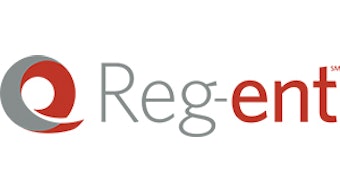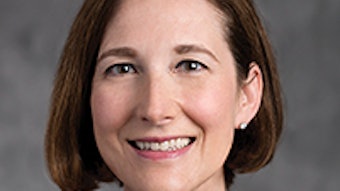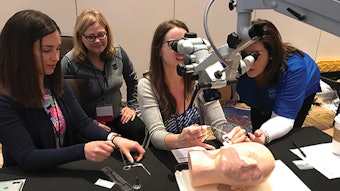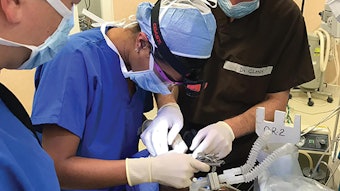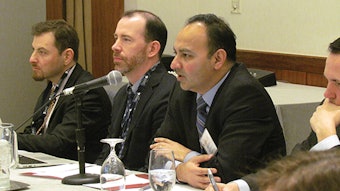International Guest of Honor: Egypt
The healthcare system in Egypt faces the burden of providing healthcare services especially in areas associated with low income or inadequate education and is required to evolve at a very fast pace to meet existing and potential demand gaps.
Egyptian ORL Society
“As President of the AAO-HNS/F, it is my distinct honor and privilege to welcome the Egyptian delegation to the AAO-HNSF 2020 Annual Meeting & OTO Experience in Boston, Massachusetts, September 13-16. We look forward to the opportunity for continued friendship, camaraderie, and networking among friends and colleagues at the meeting.”
–Duane J. Taylor, MD
AAO-HNS/F President
The healthcare system in Egypt faces the burden of providing healthcare services especially in areas associated with low income or inadequate education and is required to evolve at a very fast pace to meet existing and potential demand gaps.
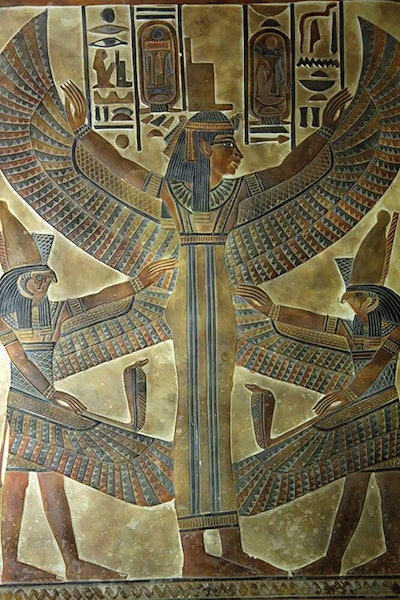

The Egyptian ORL Society actively shares the efforts to upgrade our healthcare system. The society is currently sponsoring a full-sized national project to establish Egyptian guidelines based on international guidelines and at the same time tailored to the demographics and peculiarities of our patients as well as other socio-economic issues.
The society provides continuing medical education to otolaryngologists all over Egypt and organizes monthly meetings in collaboration with regional societies across the country. There are no registration fees for these meetings, and the society encourages all otolaryngologists to actively participate in them.
The society publishes the Egyptian Journal of Otolaryngology as an open-access journal (http://www.ejo.eg.net) and has established links with several international societies to extend the frontiers of Egyptian otolaryngologists.
Egypt’s Population Growth Drives Advancement
Egyptian ORL Society
Egypt is the most populous Arab country, with 94.7 million people residing in Egypt and 9.5 million Egyptian nationals living abroad, according to the Central Agency for Public Mobilization and Statistics. With a population growth rate of 2.2 percent per annum, this will continue to fuel demand for educational and infrastructure services with a direct impact on the evolving urban landscape.
Egypt has one of the longest histories of any country, tracing its heritage back to the 64th millennia BCE. Considered a cradle of civilization, Ancient Egypt saw some of the earliest developments of writing, agriculture, urbanization, organized religion, and central government.
The Egyptians were one of the first major civilizations to codify design elements in art and architecture. Ancient Egypt was the preeminent civilization in the Mediterranean world. From the great pyramids of the Old Kingdom through the military conquests of the New Kingdom, Egypt’s majesty has long entranced archaeologists and historians and created a vibrant field of study all its own, Egyptology.
Egypt is a recognized cultural trendsetter of the Arabic-speaking world. Contemporary Arabic and Middle Eastern culture are heavily influenced by Egyptian literature, music, film, and television.
On its way to build a new modern country, Egypt is switching its capital city from Cairo to a newly constructed city, the “New Administrative Capital.” It is a smart capital city that introduces a modern concept of residency and is expected to accommodate from 18 million to 40 million people by 2050. The city aims to address the various issues facing Egypt and provides a distinct quality of life that adapts to the conditions of population growth and civilization by accommodating the various social segments in a smart city that keeps abreast of technological progress.
Furthermore, the Egyptian Ministry of Health started a new comprehensive health insurance system to offer better health services to citizens that will cover all governorates by 2032. The new system gives citizens the freedom to choose their health service providers and reduces personal spending on medical care. Under the new system, citizens will head for the nearest health unit to their place of residence to get the medical service. These units will refer them to hospitals if necessary.


